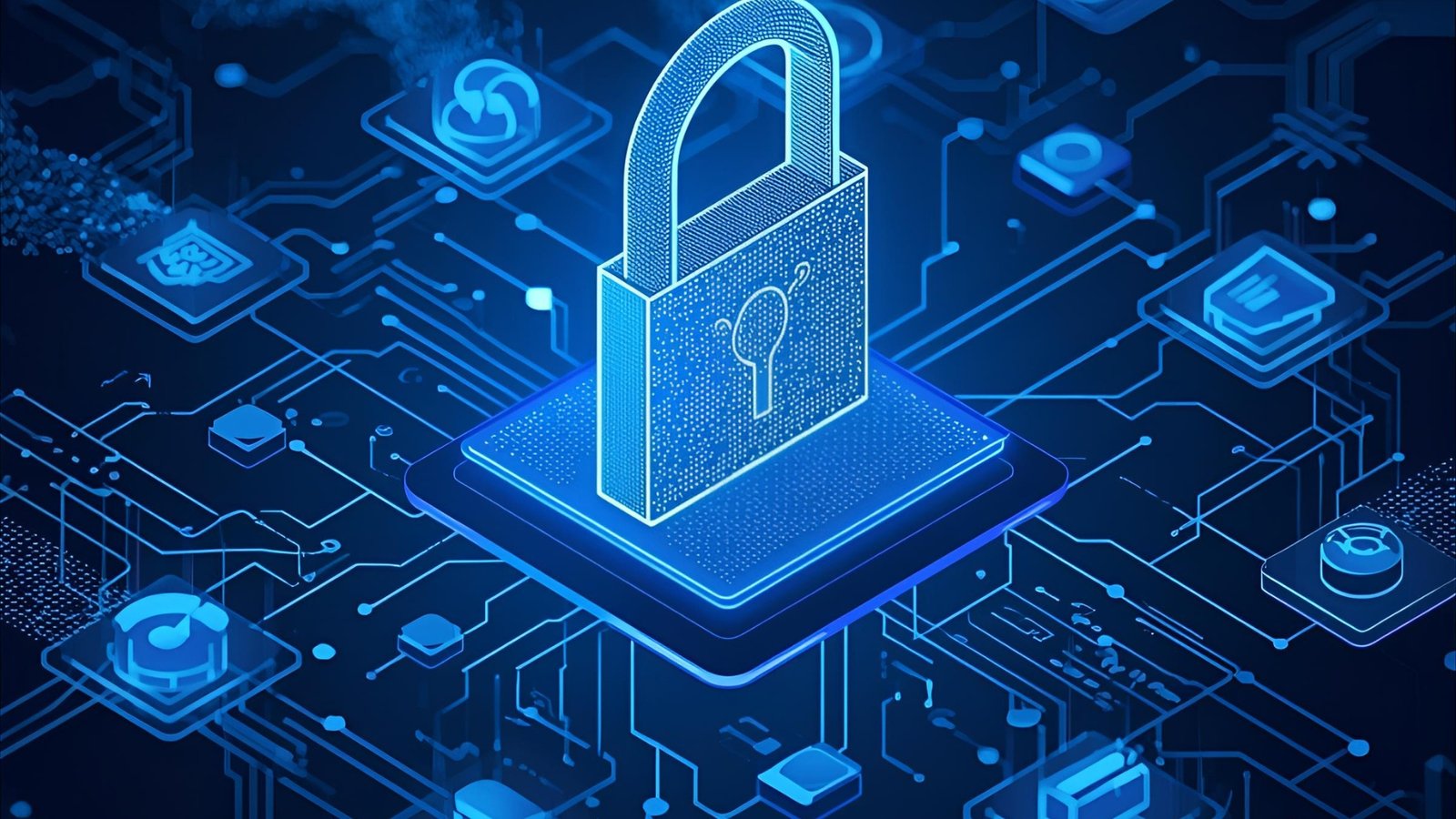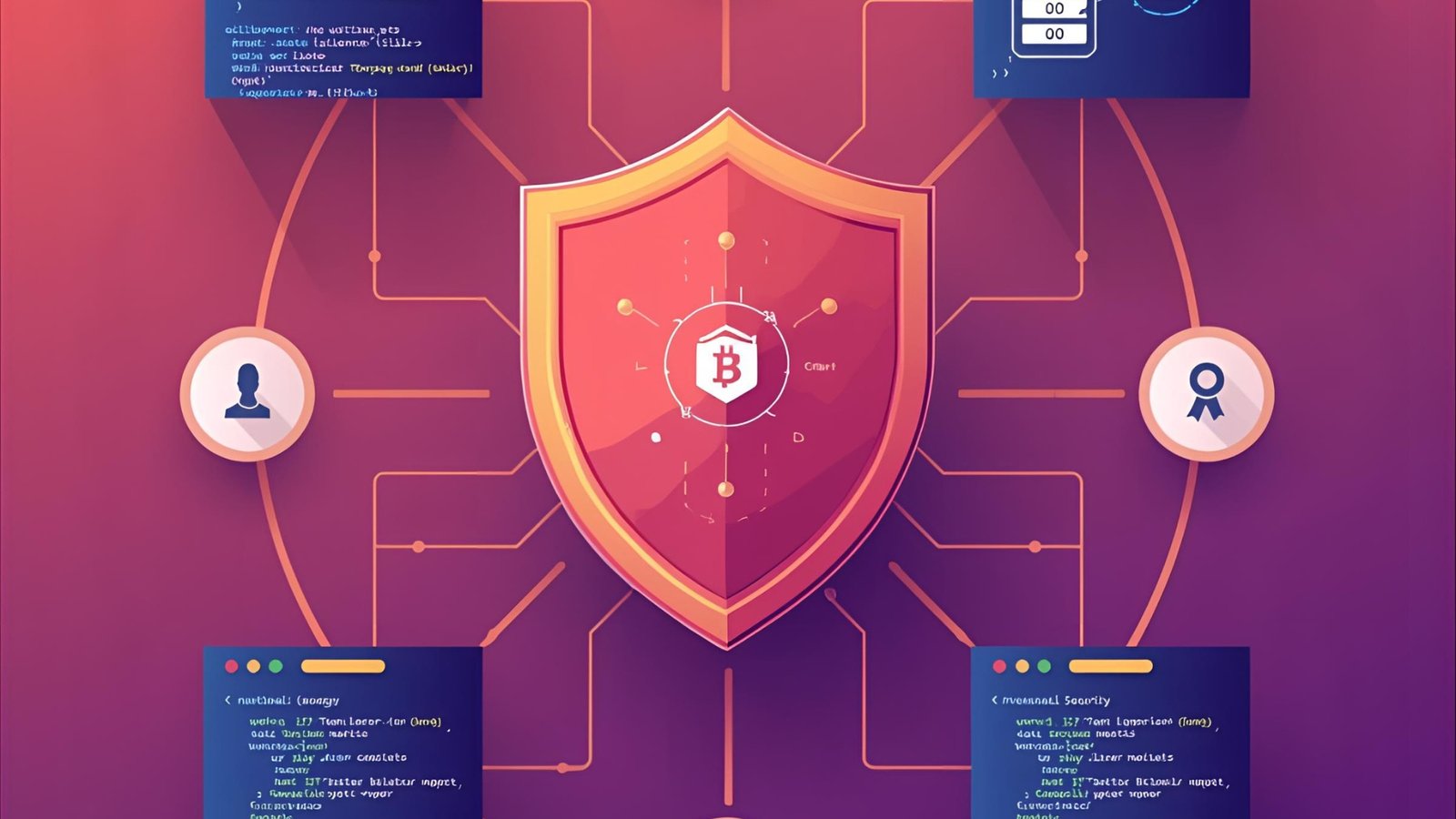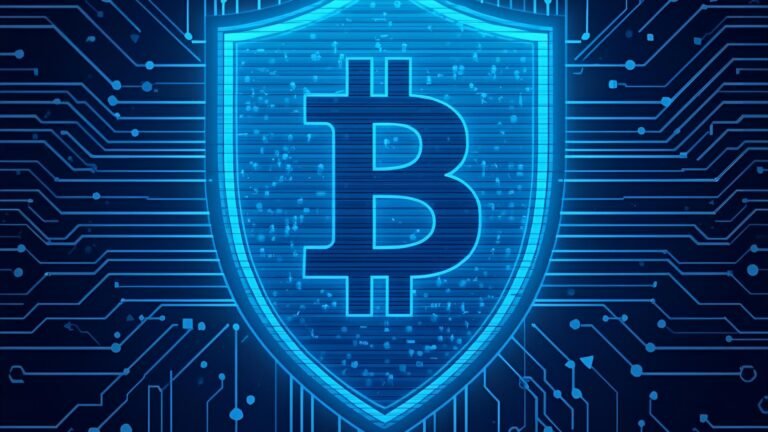The digital gaming landscape has witnessed unprecedented growth, with millions of players engaging in online gaming platforms daily. However, this expansion has brought significant security challenges that traditional systems struggle to address. Enter blockchain gaming security – a revolutionary approach that’s transforming how we protect players, assets, and gaming ecosystems. Drawing inspiration from proven safe deposit systems, blockchain technology offers robust solutions that are reshaping the entire gaming industry’s approach to digital security.
The integration of blockchain technology into gaming platforms represents more than just a technological upgrade; it’s a fundamental shift toward transparency, immutability, and player empowerment. As cyber threats become increasingly sophisticated, the gaming industry must evolve beyond conventional security measures. Blockchain gaming security provides the foundation for this evolution, offering unprecedented protection levels that were previously impossible with traditional centralized systems.
Blockchain Gaming Security Fundamentals
Blockchain gaming security operates on the principle of decentralization, eliminating single points of failure that hackers traditionally exploit. Unlike conventional gaming platforms that store all data on centralized servers, blockchain-based systems distribute information across multiple nodes, creating an inherently more secure environment.
The technology utilizes cryptographic hashing, smart contracts, and consensus mechanisms to ensure data integrity. Each transaction or game action is recorded on an immutable ledger, making it virtually impossible for malicious actors to manipulate game outcomes, steal assets, or compromise player data. This approach mirrors the security principles used in safe deposit systems, where multiple layers of protection safeguard valuable assets.
The Evolution from Traditional to Blockchain Security
Traditional online gaming security relies heavily on perimeter defense – securing the boundaries of gaming servers while hoping internal systems remain uncompromised. This approach has proven insufficient against modern cyber threats. Blockchain gaming security introduces a paradigm shift by securing data at the source, making every piece of information cryptographically protected and verifiable.
The transition involves implementing distributed ledger technology that maintains complete transaction histories, enabling players to verify the authenticity of their digital assets and game outcomes. This transparency builds trust while providing robust protection against fraud and manipulation.
How Safe Deposit Systems Inspire Gaming Protection
Safe deposit systems have operated successfully for decades by implementing multiple security layers, strict access controls, and comprehensive audit trails. These same principles now form the backbone of modern blockchain gaming security implementations.
Physical safe deposit systems require multiple keys, authorized personnel, and documented access procedures. Similarly, blockchain gaming platforms implement multi-signature wallets, consensus mechanisms, and smart contract protocols that ensure no single entity can compromise the system’s integrity.
Multi-Layer Security Architecture
The inspiration from safe deposit systems has led to the development of sophisticated security architectures in blockchain gaming. These systems incorporate hardware security modules, cryptographic key management, and distributed consensus protocols that mirror the physical security measures found in traditional vaults.
Blockchain gaming security systems now feature time-locked smart contracts, similar to time-locked safe deposit boxes, preventing unauthorized access to assets until predetermined conditions are met. This approach protects both casual players and high-value gaming assets from immediate threats while maintaining system accessibility.
Real-World Applications of Blockchain Gaming Security

Leading gaming platforms are already implementing blockchain gaming security solutions with remarkable success. These applications demonstrate the technology’s practical benefits and its potential for widespread adoption across the gaming industry.
Non-fungible tokens (NFTs) represent one of the most visible applications, allowing players to truly own in-game assets with verifiable authenticity and ownership history. Smart contracts automatically execute trades, transfers, and rewards without requiring trusted intermediaries, reducing fraud risks while improving transaction efficiency.
Asset Protection and Ownership Verification
Blockchain gaming security enables unprecedented asset protection through cryptographic ownership proofs. Players can verify their digital asset authenticity, track ownership history, and transfer items with confidence, knowing that blockchain immutability protects their investments.
The technology also prevents item duplication, a common problem in traditional gaming systems where malicious actors exploit server vulnerabilities to create unauthorized copies of rare items. Blockchain’s distributed ledger ensures each digital asset has a unique, verifiable identity that cannot be replicated.
Smart Contracts: The Digital Safe Deposit Mechanism
Smart contracts function as digital safe deposit mechanisms, automatically executing predefined conditions without human intervention. These self-executing contracts eliminate intermediaries while ensuring all parties meet their obligations before transactions complete.
In gaming applications, smart contracts manage everything from tournament prize distributions to in-game marketplace transactions. Blockchain gaming security leverages these contracts to create transparent, tamper-proof systems that protect both players and platform operators from fraud and disputes.
Automated Security Protocols
The automation inherent in smart contracts provides continuous security monitoring without human oversight. These protocols can detect unusual activity patterns, freeze suspicious accounts, and trigger security responses faster than traditional manual systems.
Smart contracts also enable sophisticated access control mechanisms, allowing different permission levels for various user types while maintaining system security. This granular control ensures that players can only access authorized features while preventing privilege escalation attacks.
Cryptocurrency Integration and Financial Security
Blockchain gaming security extends beyond asset protection to encompass financial transaction security. Cryptocurrency integration provides secure, transparent payment processing that reduces fraud risks while enabling global accessibility.
The decentralized nature of cryptocurrency transactions eliminates chargeback fraud, a significant concern for traditional gaming platforms. Players can make purchases with confidence, knowing that their payment information remains secure and their transactions are irreversible once confirmed on the blockchain.
Cross-Border Payment Security
International gaming communities benefit significantly from blockchain-based payment systems. Blockchain gaming security enables secure cross-border transactions without traditional banking intermediaries, reducing costs while improving transaction speed and security.
The technology also provides regulatory compliance tools that help gaming platforms meet various jurisdictional requirements while maintaining player privacy. Automated compliance protocols ensure adherence to local laws without compromising system security or user experience.
Player Identity Protection and Privacy
Modern gaming platforms collect vast amounts of personal data, creating attractive targets for cybercriminals. Blockchain gaming security addresses these concerns through zero-knowledge proof systems and privacy-preserving technologies that protect player identities while enabling necessary platform functions.
Players can maintain pseudonymous identities on blockchain gaming platforms while still proving their legitimacy for age verification, anti-money laundering compliance, and fraud prevention. This approach balances privacy protection with regulatory compliance requirements.
Decentralized Identity Management
Blockchain-based identity systems give players control over their personal information, allowing them to share only necessary data with gaming platforms. This approach significantly reduces the risk of large-scale data breaches that have plagued traditional gaming companies.
Blockchain gaming security systems can verify player credentials without storing sensitive information centrally, using cryptographic proofs to confirm identity while maintaining privacy. This technology prevents identity theft while enabling secure platform access.
Also Read: Solana Blockchain Platform Complete Guide to High-Speed Crypto
Anti-Cheating Mechanisms Through Blockchain

Traditional anti-cheat systems rely on client-side monitoring and server-side validation, approaches that sophisticated cheaters often circumvent. Blockchain gaming security introduces new anti-cheating mechanisms that leverage the technology’s inherent transparency and immutability.
Game actions recorded on blockchain create permanent audit trails that make cheating detection more reliable. The distributed nature of blockchain networks also prevents cheaters from manipulating server data or exploiting centralized vulnerabilities.
Provably Fair Gaming Systems
Blockchain gaming security enables provably fair gaming systems where players can independently verify game outcomes. This transparency builds trust while making it impossible for platforms to manipulate results without detection.
Random number generation, a critical component of fair gaming, becomes verifiable through blockchain-based entropy sources. Players can confirm that game outcomes result from truly random processes rather than predetermined or manipulated results.
Future Trends in Blockchain Gaming Security
The evolution of blockchain gaming security continues with emerging technologies like quantum-resistant cryptography, advanced consensus mechanisms, and enhanced privacy protocols. These developments will further strengthen gaming platform security while improving user experiences.
Interoperability protocols are enabling secure asset transfers between different gaming platforms, creating unified gaming ecosystems protected by consistent security standards. This trend toward platform integration requires sophisticated blockchain gaming security frameworks that can operate across multiple networks while maintaining security integrity.
Artificial Intelligence Integration
AI-powered security systems are beginning to integrate with blockchain gaming platforms, providing intelligent threat detection and automated response capabilities. These systems can identify suspicious patterns, predict potential attacks, and implement protective measures before damage occurs.
The combination of AI and blockchain gaming security creates adaptive defense systems that evolve with emerging threats while maintaining the transparency and immutability that blockchain technology provides.
Challenges and Solutions in Implementation
Despite its benefits, implementing blockchain gaming security presents unique challenges including scalability concerns, user experience considerations, and regulatory compliance requirements. Gaming platforms must carefully balance security enhancements with performance and usability needs.
Technical challenges include managing blockchain transaction costs, ensuring adequate transaction throughput for gaming applications, and providing seamless user experiences despite blockchain complexity. Solutions involve layer-2 scaling technologies, optimized consensus mechanisms, and improved user interface designs.
Overcoming Adoption Barriers
Player education represents a significant challenge in blockchain gaming security adoption. Many gamers remain unfamiliar with blockchain technology, requiring platforms to provide comprehensive education and support resources.
Industry collaboration is essential for establishing security standards and best practices that benefit all stakeholders. Gaming companies, blockchain developers, and security experts must work together to create robust, user-friendly systems that promote widespread adoption.
Measuring Security Effectiveness
Evaluating blockchain gaming security effectiveness requires comprehensive metrics that assess both technical security measures and user experience factors. Traditional security metrics must evolve to account for blockchain technology’s unique characteristics and capabilities.
Key performance indicators include transaction security rates, asset protection effectiveness, user privacy maintenance, and system availability metrics. These measurements help platforms optimize their security implementations while identifying areas for improvement.
Continuous Security Monitoring
Blockchain gaming security systems require continuous monitoring to maintain effectiveness against evolving threats. Automated monitoring tools can track network health, detect anomalous behavior, and provide real-time security assessments.
Regular security audits and penetration testing help identify vulnerabilities before malicious actors exploit them. These proactive measures ensure that gaming platforms maintain high security standards as they grow and evolve.
Conclusion
Blockchain gaming security represents a transformative approach to protecting online gaming platforms and their users. By drawing lessons from proven safe deposit systems and implementing cutting-edge blockchain technology, the gaming industry is creating more secure, transparent, and trustworthy platforms for millions of players worldwide.
The benefits extend beyond security to include improved player empowerment, asset ownership verification, and fair gaming mechanisms. As the technology continues to evolve, we can expect even more sophisticated security solutions that further enhance the gaming experience while protecting against emerging threats.

